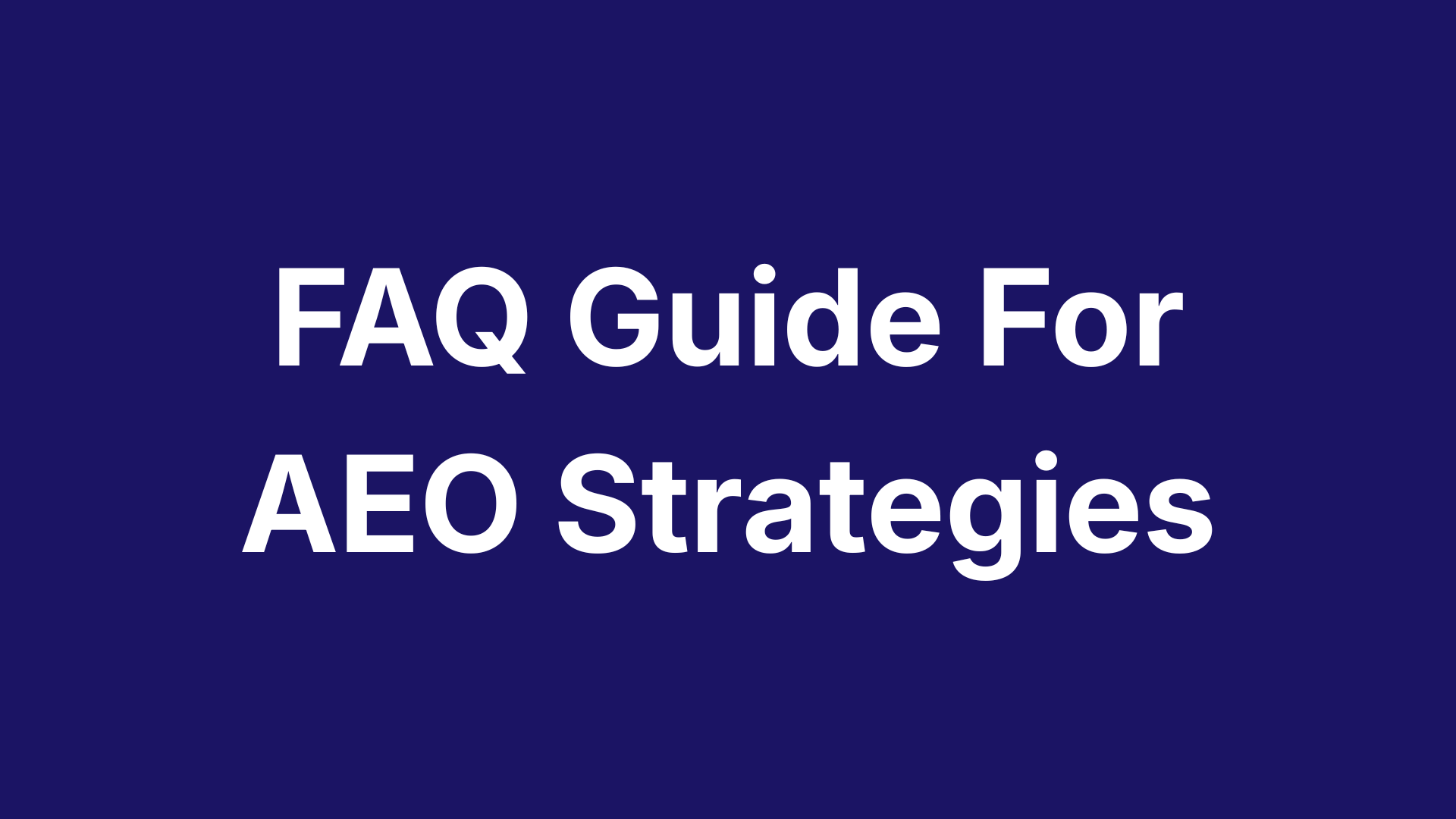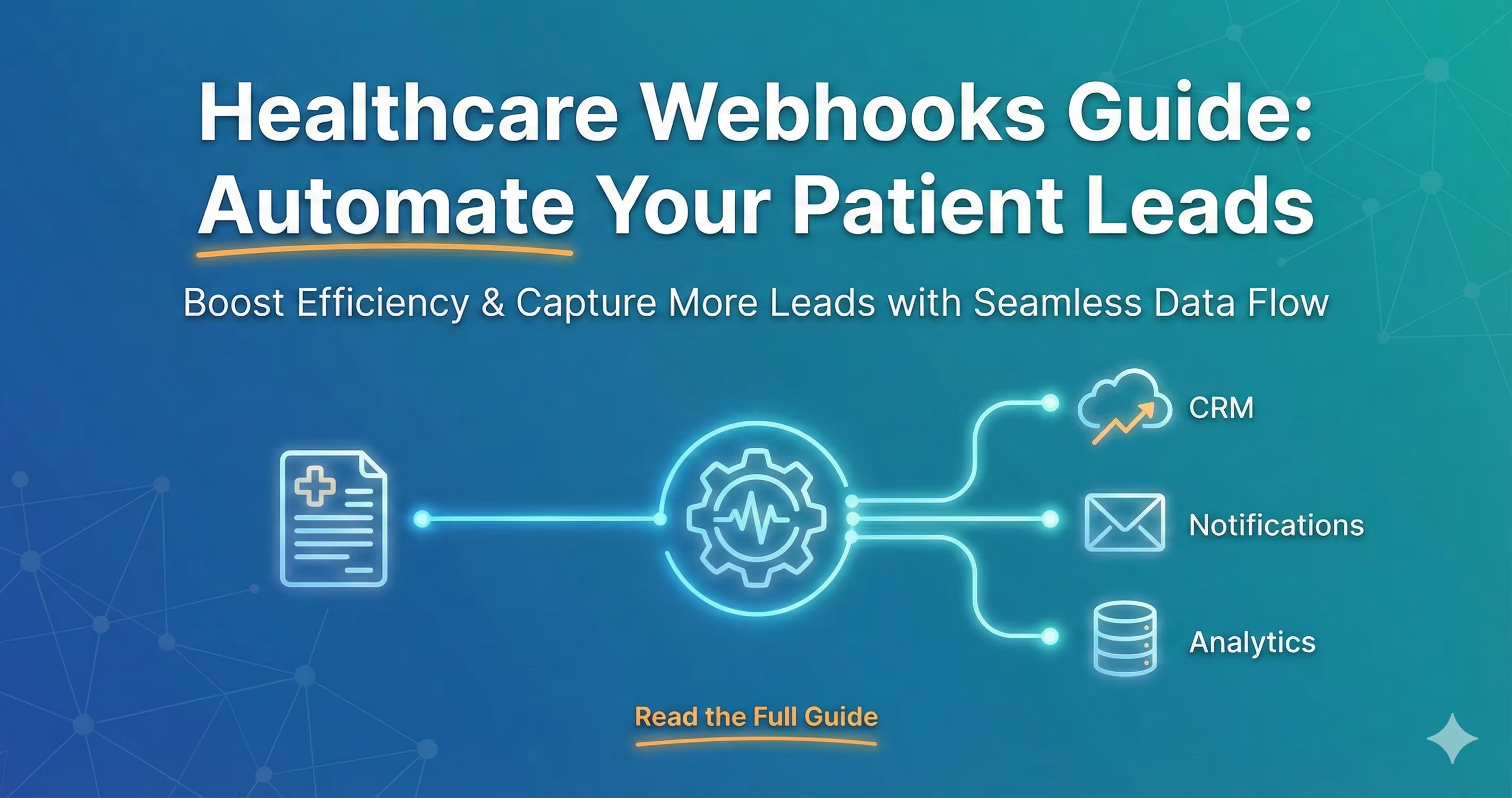Read more Articles
Keep up to date with medspa marketing strategies.

As attention spans become increasingly fragmented and digital communication channels grow more saturated, healthcare practices face a significant challenge: effectively reaching patients to keep them informed, engaged, and loyal. This is where strategies like healthcare text message marketing are becoming indispensable for modern practices.
A pivotal yet underleveraged strategy for healthcare systems is the integration of SMS marketing, positioned to drive measurable operational results. In fact, many clinics are now exploring more advanced models such as sms marketing healthcare systems that integrate automation and segmentation for better outcomes.
Short Message Service (SMS), commonly referred to as text messaging, has become one of the most effective communication tools in healthcare marketing. Previously regarded as too informal for medical communication, SMS is now essential for patient engagement, reducing no-shows, building trust, and driving revenue growth. This includes everything from sms for doctors managing busy schedules to highly regulated industries such as cannabis sms marketing, where patient communication must be timely and compliant.
Healthcare text message marketing is not a recent development. For ages, patients have often received a message after booking an appointment, confirming the time and location, which may also include a link to complete forms or a reminder prior to the visit. This approach represents a strategic approach to patient engagement and has demonstrated effectiveness. Many industry reports (Textline; Medesk; Bandwidth) highlight the advantages to texting over email or calls for speed, convenience, and patient satisfaction .
According to Dialog Health, text messages boast an open rate of 98% and a response rate of 45%, compared to just 20% and 6%, respectively, for email. Their study found that of over 3,000 text messages sent to patients, 98.2% were well received, and a staggering 95.5% of patients reported feeling more connected to their care team after receiving SMS communications (Dialog Health, 2023). These statistics also align with findings from the healthcare industry, as reported by mPulse Mobile, which highlight how SMS can transform healthcare communication by enhancing engagement and education.
Changing generational habits drives the adoption of SMS in healthcare. Younger generations are increasingly preferring texting for patient communication, as it fosters comfort and engagement. This trend confirms SMS is an effective tool for modern outreach, particularly when used through sms marketing automation for healthcare appointment reminders, which reduces administrative burden while boosting patient response rates.
These results reflect operational transformation rather than superficial metrics. Such improvements can be achieved through the integration of SMS messaging and healthcare marketing automation with electronic health records (EHRs), utilizing customer relationship management (CRM) systems or other software solutions, such as Zapier.
Patients receive messages through multiple channels, but SMS stands out as a direct and urgent communication format. Unlike emails, which may go unread, SMS messages are typically seen promptly, highlighting their effectiveness (Red Oxygen, 2023). This is reinforced in healthcare SMS best-practice guides, which emphasize that texting ensures essential updates reach patients quickly and reliably.
As younger generations comprise an increasing proportion of the patient population, it is notable that Millennials and Generation Z prefer texting over other forms of communication. Over 60% of younger patients favor receiving appointment reminders and care updates via text rather than email or phone (Textdrip, 2024). This trend highlights the effectiveness of SMS in capturing patient attention compared to traditional channels such as email.
Deploying timely, personalized SMS reminders not only optimizes patient attendance but also fortifies practice relevance and brand equity between visits. These reminders are one of the most measurable advantages to texting over phone calls, which often go unanswered.
In healthcare, communication is essential. SMS enables direct, real-time interaction with patients in a manner that is both professional and approachable. This approach fosters the perception that the practice is responsive, attentive, and invested in patient well-being — a concept widely supported in healthcare SMS research (Bandwidth; Medesk).
According to YakChat, SMS is considered one of the most secure and convenient ways for patients to receive care-related updates. More than 20% of patients now prefer text messages over traditional patient portals, particularly for receiving appointment reminders, test result notifications, or post-visit follow-ups (YakChat, 2024). These are areas where sms marketing healthcare tools are especially effective.
Eliminating communication barriers through SMS decisively improves patient loyalty. When patients can seamlessly reply to reschedule or inquire, they are less inclined to consider alternative providers. Dialog Health data confirms 91.9% of patients agree that SMS reduces unnecessary calls, generating significant time and resource efficiencies. For many clinics, these efficiencies are amplified when implementing sms marketing automation for healthcare appointment reminders, reducing workload while improving patient experiences.
Missed appointments not only disrupt operations but also result in measurable revenue loss. On average, each no-show costs a practice $200, and frequent incidences multiply this impact, warranting a proactive, executive approach.
Automated SMS reminders have been shown to reduce no-show rates to under 5%, a dramatic drop that leads to immediate revenue retention (Dialog Health, 2023). Additionally, practices using SMS for appointment reminders saw a 67% increase in confirmations compared to those using only email.
In client case studies, the impact of SMS on revenue has been evident. For example, one partner practice held two sales events in the same year. The first event did not utilize SMS, while the second implemented a targeted SMS outreach strategy. The result was a fourfold increase in attendance and a sixfold increase in revenue, with $38,000 generated in a single day through the use of only SMS and social media. Case studies like this are increasingly common across the industry, particularly among providers who integrate advanced healthcare text message marketing techniques.
This case exemplifies how SMS acts as a revenue safeguard and accelerant for growth. Ensuring schedule optimization, precise patient communication, and product promotion to drive business performance.
EnhancSMS not only generates revenue but also reduces operational costs. Each unnecessary inbound phone call requires staff time and labor, whether from front desk assistants or nurses responding to basic inquiries. Additionally, SMS improves patient compliance, such as completing pre-visit forms and adhering to post-treatment care instructions. Practices that include links in appointment confirmations for intake forms or payment portals report faster processing and fewer on-site delays. This efficiency enhances patient satisfaction and reduces wait times.
Nexamed’s experience demonstrates that strategically implemented SMS can generate significant recurring revenue for medical clinics. For instance, one partner medspa faced a critical challenge after a cease-and-desist order prevented the offering of popular weight loss medications such as semaglutide, which accounted for nearly 40% of monthly recurring revenue. In response, the practice transitioned to a value-driven membership model focused on aesthetic services.
Utilizing the partner’s EHR, a custom webhook was developed to trigger an automated process upon scheduling new appointments. Patients were segmented by gender, location, and recent treatment history, filtering out non-aesthetic patients and retaining qualified leads. Over the course of two months, a sequence of four emails and two transactional SMS messages promoted the membership offer. SMS achieved five times higher engagement than email in terms of click-throughs and replies. This level of engagement aligns with what healthcare communication experts describe in best-practice guides covering sms marketing healthcare implementations.
As a result, 110 new patients joined the membership program, generating over $14,000 in new monthly recurring revenue without any advertising expenditure. This return on investment highlights the effectiveness of SMS when combined with targeted segmentation, timely messaging, and a compelling offer.
Although SMS currently dominates healthcare marketing, Rich Communication Services (RCS) is emerging as a promising alternative. RCS builds upon SMS by offering enhanced features, including branding, media sharing, real-time chat, and interactive replies. As adoption of RCS-compatible messaging apps increases, practices will be able to utilize multimedia outreach and branded communication without dependence on email or third-party applications.
This evolution is explored in detail in the blog on RCS and the Future of Healthcare Marketing. Clinics that master SMS now will be better positioned to lead in the next phase of healthcare communication.
Healthcare marketing is evolving, and SMS has become a foundational component rather than an optional one. Practices that do not integrate SMS risk falling behind in engagement and revenue, while those that adopt it build stronger patient relationships, minimize costly no-shows, and scale more efficiently.
The evidence supporting the adoption of SMS is substantial. SMS is not only welcomed by patients but is also their preferred method of communication. It establishes a direct line of communication, improves retention, and delivers significant returns through increased attendance and trust. Practice is serious about growth, sustainability, and patient satisfaction; it’s time to stop asking whether SMS belongs in your healthcare marketing strategy and start implementing it with intention.
If you're ready to build a high-converting SMS system for your clinic or med spa, we offer the best SMS marketing tools for healthcare appointment reminders in 2025. Contact our team to schedule a discovery call. We’ll show you how the right messages, sent at the right time, can transform your business. Schedule your consultation today!
You’ve outgrown "basic" marketing. Nexamed builds the advanced lead-gen infrastructure your med spa needs to capture high-ticket patients and scale without the manual mess.
Keep up to date with medspa marketing strategies.

